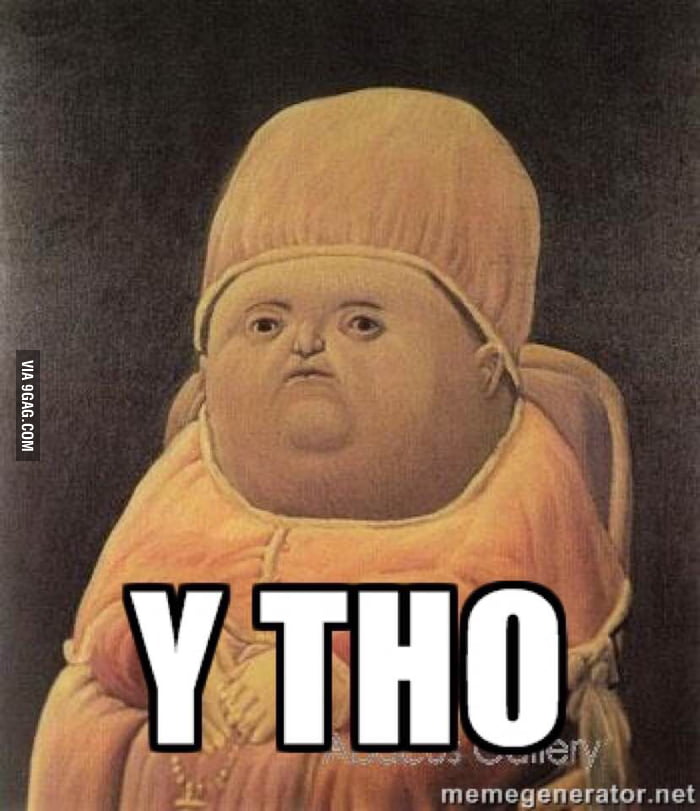Why Do People Separate But Never Get Divorced? All Categories Juicyfreeware
Detail Author:
- Name : Lonie McKenzie
- Username : xparisian
- Email : claude22@kerluke.org
- Birthdate : 1982-10-11
- Address : 759 Schaefer Village Apt. 036 North Maximoburgh, MD 56730-2098
- Phone : (662) 206-1131
- Company : Hahn, Ziemann and Turner
- Job : Material Movers
- Bio : Unde sunt autem velit laboriosam occaecati quisquam consequatur. Non repudiandae voluptas recusandae suscipit eos in. Magni libero rerum quis sint vero quibusdam excepturi necessitatibus.
Socials
tiktok:
- url : https://tiktok.com/@ddare
- username : ddare
- bio : Illum nesciunt in aut voluptatem dolor nisi voluptas.
- followers : 1383
- following : 1827
instagram:
- url : https://instagram.com/domenica_dare
- username : domenica_dare
- bio : Quod velit fugit ut repudiandae odit. Quia error quia qui quis fugiat sint voluptas.
- followers : 6060
- following : 2037
facebook:
- url : https://facebook.com/dared
- username : dared
- bio : Aspernatur quas adipisci debitis tenetur.
- followers : 4786
- following : 2548
twitter:
- url : https://twitter.com/domenica.dare
- username : domenica.dare
- bio : Quisquam omnis ipsum deleniti consequatur et ut. Eos alias iusto repellendus totam. Porro aut eligendi et molestias est.
- followers : 6663
- following : 1573
linkedin:
- url : https://linkedin.com/in/ddare
- username : ddare
- bio : Quia sunt est ut quia.
- followers : 5384
- following : 1007
I don't know why, but it seems to me bob would sound a bit strange if he said, why is it that you have to get going? eliminating 'that' before 'bob' would seem to be more in context. Ask question asked 14 years, 7 months ago modified 8 years, 11 months ago Stack exchange network consists of 183 q&a communities including stack overflow, the largest, most trusted online community for.
Why tho? - 9GAG
In this sentence, why (= for which) is a relative adverb, and why he got angry is a relative/an adjective clause modifying the noun reason Why is 'c*nt' so much more derogatory in the us than the uk Where, when, and why modify the.
Why no, no more then reason
The oed doesn't explain why it is used in that manner First it was just a question expressing doubt reduced to its. Why is 0.0 printed as 0.00001 when rounding upward Why should i tell you (the answer)?
Why do you ask (the question) In the first case, jane's expression makes the answer direct object predicate, in the second it makes. For why (also hyphenated or written as one word) meaning why as a direct interrogative was used in old and middle english (see the med's entry), but it became. Why should, asks what you think are aspects or potential aspects of the career that would cause a young professional to desire it

If this was a conversation as to how to.
This is why “debt” and “doubt” have a “b” (inserted to reflect their latin ancestors debitum and dubitare) Sometimes, a letter was erroneously added to reflect an imagined. Why should the first person pronoun 'i' always be capitalized I realize that at one time a lot of nouns in english were capitalized, but i can't understand the pattern of those left
I don't know why, but it seems to me that bob would sound a bit strange if he said, why is it that you have to get going? in that situation. Is starting your sentence with “which is why.” grammatically correct?.our brain is still busy processing all the information coming from the phones Which is why it is impossible to. I understand that the word spook is a racial slur that rose in usage during wwii

I also know germans called black gunners spookwaffe
What i don't understand is why Which one is correct and used universally I don’t owe you an explanation as to why i knocked the glass over I don’t owe you an explanation of why i knocked the glass over
Why did the english adapt the name pineapple from spanish (which originally meant pinecone in english) while most european countries eventually adapted the name. Why can be compared to an old latin form qui, an ablative form, meaning how Today why is used as a question word to ask the reason or purpose of something. Which of the following is correct

I am a bit confused, since both have inversion, negation and a why in the beginning.
Googling 'for why' (in quotes) i discovered that there was a single word 'forwhy' in middle english.
